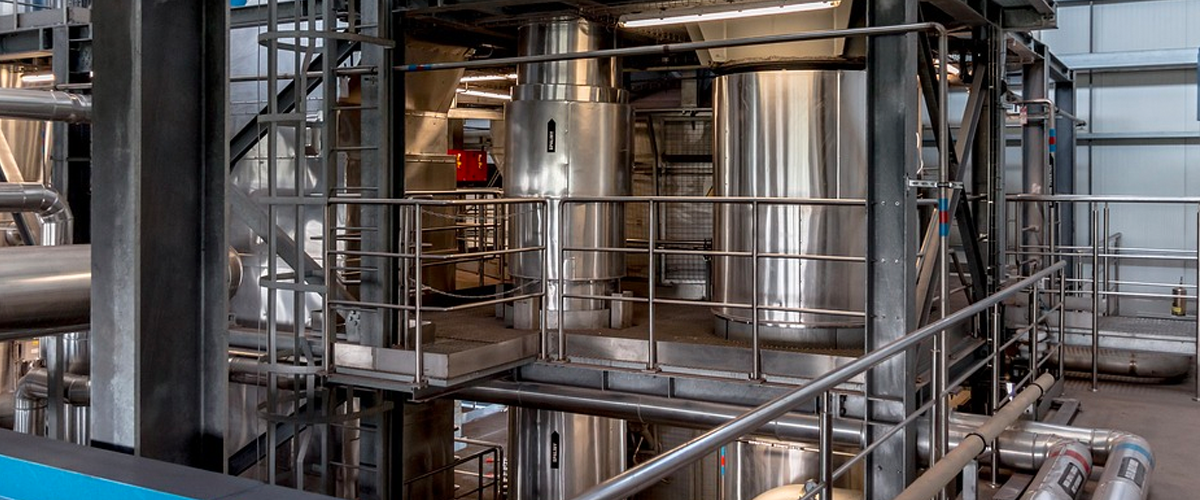| Peter Arkell

The battery minerals space, which includes minerals such as lithium, cobalt, nickel, and manganese, is experiencing a critical shortage of technical labor. This shortage is driven by a combination of factors, including the rapid growth of the electric vehicle and energy storage markets, which are driving up demand for these minerals, as well as a lack of investment in the training and development of technical workers.
One of the key challenges facing the battery minerals industry is the shortage of workers with the technical skills needed to extract, refine, and process these minerals. This shortage is particularly acute in areas such as mining, processing, and engineering, where workers are in high demand and short supply. This has led to increased competition for labor, with companies struggling to find the workers they need to support their operations.
Another important factor contributing to the shortage of technical labor in the battery minerals industry is a lack of investment in training and development. With the industry growing so quickly, there is a pressing need for new workers to enter the field, but many companies are not investing the resources necessary to train and develop these workers. This is particularly true in developing countries, where the lack of investment in education and training is making it difficult to develop a local workforce with the skills needed to support the growth of the industry.
To address the technical labor shortage in the battery minerals space, there must be a concerted effort to invest in training and development programs that can help to equip workers with the skills they need to succeed in this industry. This could include investment in apprenticeships, training programs, and education initiatives, as well as partnerships between companies and universities to develop new programs that can help to train the next generation of workers.
Another important step that can be taken to address the technical labor shortage in the battery minerals space is to focus on attracting and retaining talent. This includes providing competitive salaries and benefits, offering opportunities for career advancement, and creating a supportive work environment that values the contributions of all employees. Companies can also help to attract and retain talent by investing in programs and initiatives that help to develop the skills and knowledge of their workers.
In conclusion, the technical labor shortage in the battery minerals space is a critical issue that must be addressed if the industry is to continue to grow and thrive. By investing in training and development programs, attracting and retaining talent, and creating a supportive work environment, companies in this industry can help to ensure that they have the workers they need to support their operations and drive continued growth. This is a critical step towards building a sustainable and responsible battery minerals industry that can meet the growing demand for these minerals and contribute to a more sustainable future.



